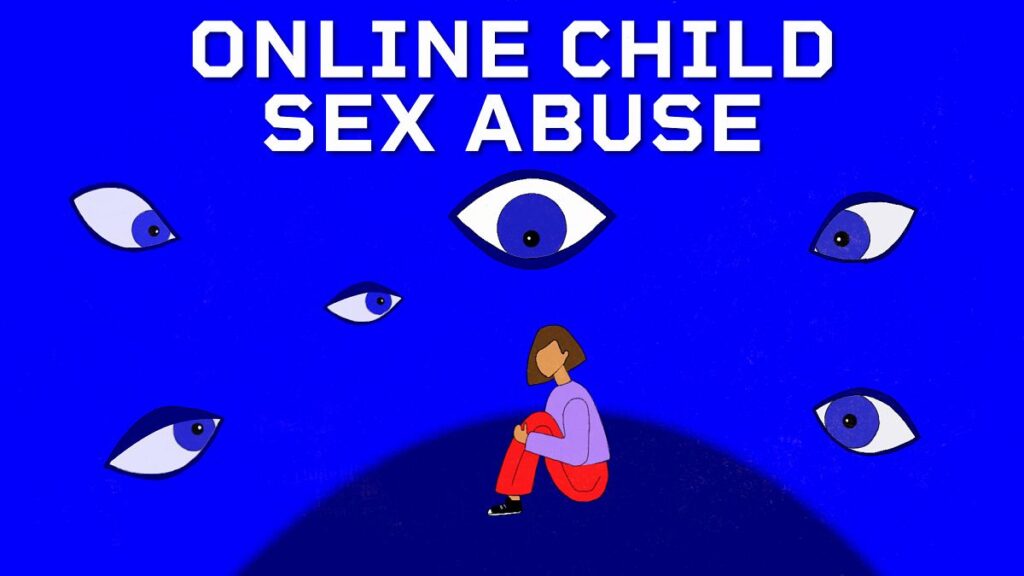Child sexual abuse is a growing problem and crimes committed via the Internet make it much more difficult to combat. The EU is revising its the rules in an attempt to criminalise behaviour online as well as in the real world.
One in five children are estimated to be victims of sexual crimes on- and offline and EU member states made some progress with rules designed to criminalise the abuse at the end of 2024. But they failed to agree to controls over online image sharing since these could impact data privacy rights.
MEPs and member states are working on two sets of rulebooks: one being the Child Sex Abuse Directive that will define crimes online as acts such as livestreaming sexual abuse and sharing paedophilic material, including images generated by Artificial Intelligence.
The other is the Child Sex Abuse Material regulation that will set obligations for companies offering online services, particularly chat and messaging, where such offences often occur.
“The regulation would oblige social media and messaging platform to detect but also delete any sexual abuse material of children that they would encounter, reporting that to a new EU centre. This could also include scanning of encrypted messages that was, until now, the most private way to communicate online,” says Romane Armangau, who is following the legislative process for Euronews.
Finding the right balance between acting against these crimes and protecting data privacy rights of Internet users has been highly divisive.
Is encryption a barrier or a protection?
Gaining regulatory access to encrypted messages in media such as WhatsApp and Signal is proving very controversial. Advocates for more action against child sex abuse say it is vital to include those platforms.
“One needs to know that two thirds of the messages that contains child sexual abuse materials and representations are shared through private messaging. It is a critical area where the crime occurs and we cannot accept to leave children behind in this environment,” argues Isaline Wittorski, from ECPAT International, a civil society organisation working to end sexual abuse of children.
On the other hand, online privacy advocates say that it could enable mass surveillance by governments and hacking. “Experts on encryption have a consensus that opening or designing backdoors is a bad idea because at the end, at one point, they would be used by malicious actors,” says David Frautschy, of the Internet Society, an association which promotes the open development and use of the Internet.
“So if you break this technology, you are putting in danger the communications of people, the ability to get in touch with the bank securely, also storing data files that must be encrypted because companies need security,” he adds.
A solution is needed as soon as possible as Europol and national investigative authorities are waiting for tools to combat these crimes. An existing exemption to privacy rules allows online providers to voluntarily detect, report and remove child sexual abuse material, but that runs out in April 2026, so new rules must be found by then.
Poland is holding the EU Council presidency in the first half of 2025 and will therefore lead ongoing negotiations on the issue in 2025
Watch the video here!
Journalist: Isabel Marques da Silva
Production: Pilar Montero López
Video production: Zacharia Vigneron
Graphism: Loredana Dumitru
Editorial coordination: Ana Lázaro Bosch and Jeremy Fleming-Jones
Read the full article here


